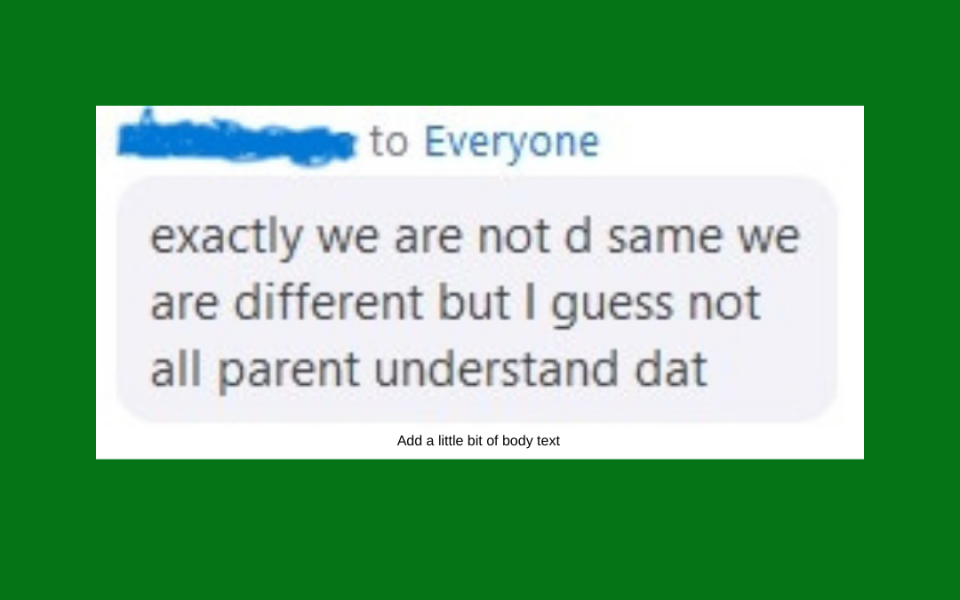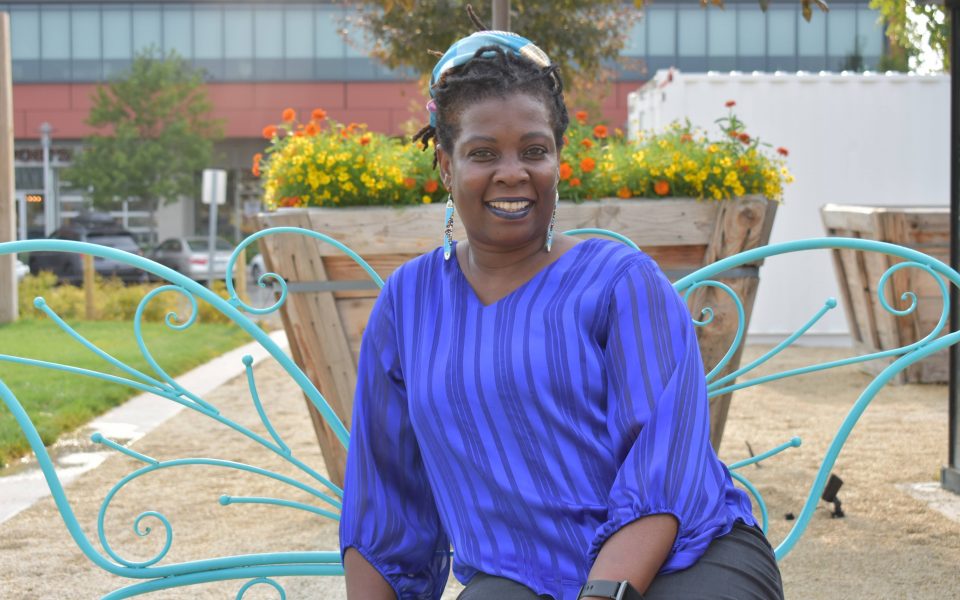This is Nigeria. Everybody be criminal – Falz
“When truth is blurred by lies and misinformation, perception becomes reality, and all is lost”
– Unknown
“I agree with what the song says except for the line, “everybody be criminal.”” commented a colleague. This is a particularly interesting comment because if you agree with everything Falz sang, you’d reach the same conclusion he reached. Indeed, there’s no sector of Nigerian social, cultural, economic, or political life that has not been coopted into criminality.
This essay is not a line by line analysis of the performance because it echoes what I’ve stated in previous articles, however, I’d like to comment on three facets of criminality in Nigeria:
Perception: on and offshore, Nigerians are perceived as criminals. Anyone who has traveled with a Nigerian passport knows the stigma attached and the subsequent scrutiny endured by the carrier.
Likewise, there is a palpable lack of trust in the way Nigerians interact with one another regardless of location or circumstances; and justifiably so in many instances.
Reality: On the chicken and the egg query, we became criminals before we were perceived as such. Those who carried the green passports in the 1960s and 1970s reminisce about the stellar treatment they received at airports. There was no shame. Today, there’s no aspect of Nigerian life that isn’t drowned in criminality –
Family life – what do you call a biological brother who is sent money to build a house for his sibling in the village, and promptly begins to live large while sending photos of a house in progress to his unsuspecting sibling? Or the one who marks his enterprising sibling out to criminals?
Schools, community associations, small and large businesses, religious organizations, police, government, healthcare – every sector of the society is contaminated. In Nigeria, you find a policeman by day and criminal by night; doctor by day and henchman by night, a businesswoman in public and prostitute in private.
‘Nuff said?
The most disturbing, and indeed most deleterious facet of this phenomenon in Nigeria, however, is the subconscious normalization of criminality; its acceptance as a way of life. This is evident when:
- Criminals come out in broad daylight to justify their looting -see Okorocha claiming nobody can live on a salary of N750,000 without stealing from the people. Or Chibuike Amaechi challenging us to charge him for embezzlement.
- Yahoo boys vilifying those who dare call them out on their criminality.
- Onlookers videotaping rape, slashing, acid burning, beating, and myriad other crimes opting to turn the criminal into a star than to rescue the victim or even apprehend the criminal.
- Stepping over a dead body, speeding past an accident without volunteering to rescue survivors.
- Supporting wickedness rather than challenging the injustice of arrest, bribing public and private officials, sleeping with lecturers for grades, cheating at exams, etc.
- Speedily publishing jokes, memes, and skits about egregious crimes like it’s all a load of fun.
Like most things, criminality begins at home. And that’s where the remedy starts.
- Develop a conscience or if you had one in the past, reawaken your conscience. As Edmund Burke said, ‘for evil to prevail, it only takes good people turning the other way.’ Don’t pretend it’s not happening or that it cannot be helped. Choose to care.
- Lend a helping hand. The poor and downtrodden are all around you. And even if you’re one of them, don’t ignore their plight if you can help.
- Be a responsible parent. Don’t have more kids than you can educate. As my egbon says, “when you have ten kids on a teacher’s salary, you’ve given birth to at least one robber and one kidnapper.”
- Speak out against the injustice. Speak for social change. Say something!
- Give criminals a cold shoulder. Protest their pretenses. When these criminals – Aregbesola and co come to the US, UK, or your neck of the woods, don’t spread a welcome mat.
- Reduce the chatter. We’ve become a people with no thought. Today, on your WhatsApp forums, how many jokes or pieces of trivia post vs. intelligent discourse? Spend an hour in useful thought. Take a minute, an hour, a day – to think, to brainstorm ways to resolve these seemingly intractable problems in Nigeria. When done, tell me how Bukola Saraki continues to Senate President despite the incontrovertible evidence of his connection to criminal gangs?





